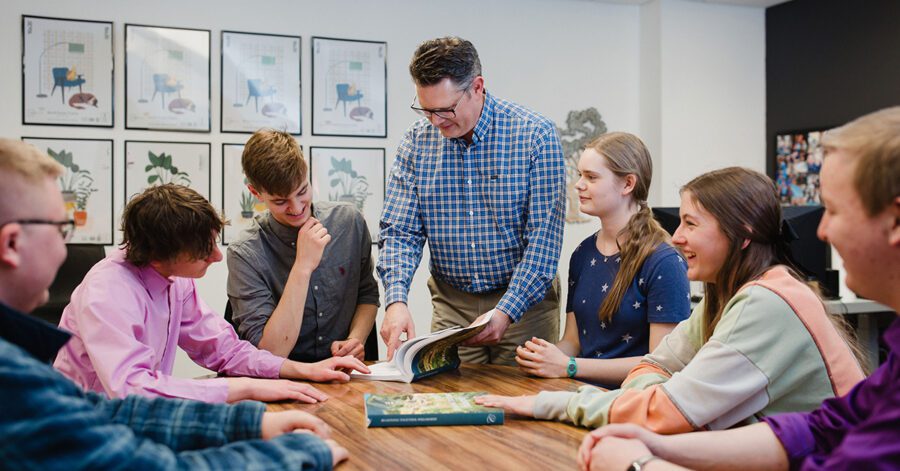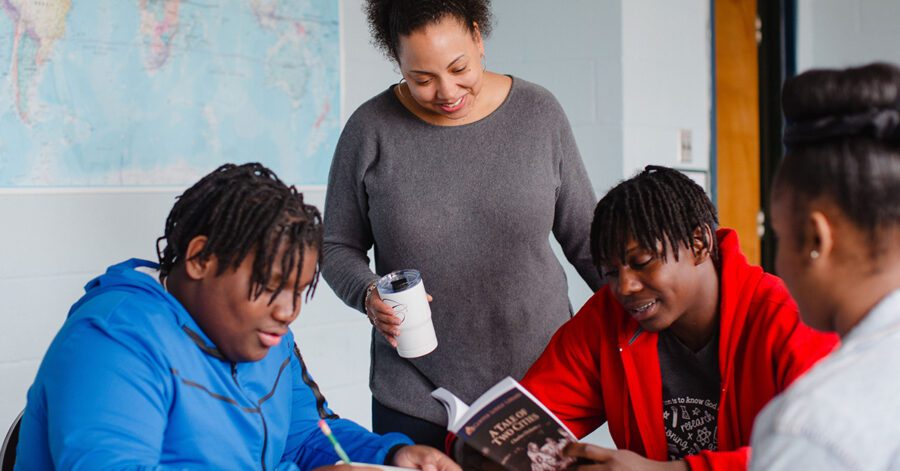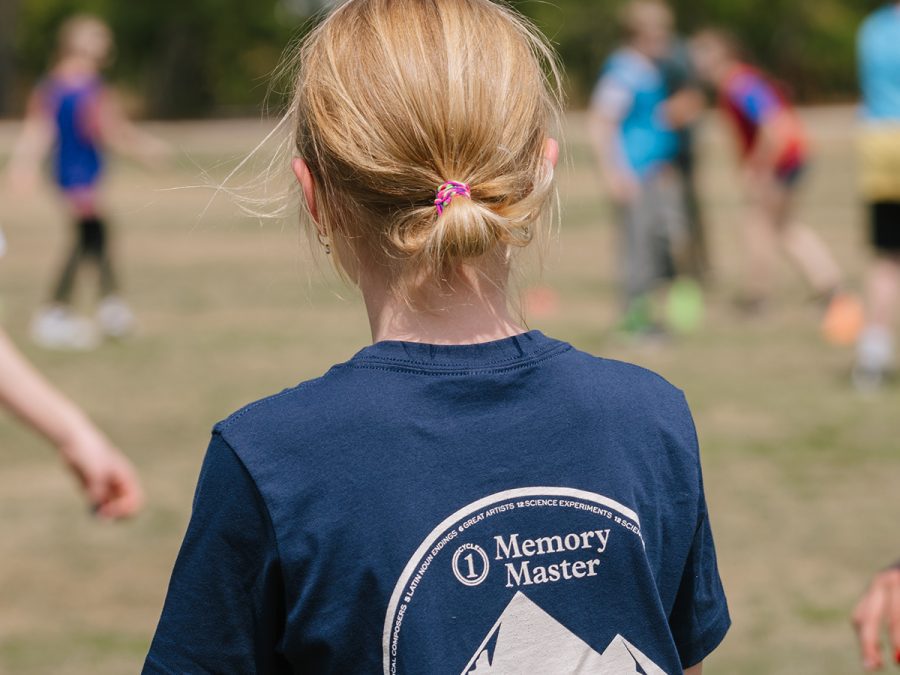“There is the great lesson of “Beauty and the Beast”; that a thing must be loved before it is lovable.”
“Men did not love Rome because she was great. She was great because they had loved her.”
G.K. Chesterton
Orthodoxy
I used to believe that homeschooling was not for everybody. I am often told there are mothers out there who should not be homeschooling their children. I no longer believe either of those things.
This is not to say that there are not mothers who are so chaotic in their thinking and living that they would make poor teachers. Rather, it is to say that their chaos is not innate: They were not created in the image of chaos; they were created in the image of God. Therefore, their chaos can be brought into harmony. They can learn how to be patience, to teach, and to learn.
When my wife and I began moving towards homeschooling, I was the catalyst. She was the reluctant one. She had a litany of excuses she would recite to me, from impatience, disorganization, and incompetence, to everything in between. Her litany was so patiently prepared, so well organized, and so competently presented that it belied itself; I did not believe it. The next school year we began homeschooling.
One of the first things—a practical thing—that struck me was this feeling of incompetence that is found among parents who are reluctant to homeschool. Forgive my glibness, but the very system that made you an incompetent teacher is the one you want to educate your children? I cannot believe that this is what we would want for our children! Be that as it may, though, it does not solve the problem of incompetence. The real crux of the difficulty is that if the system that made me incompetent to teach my children will only make them incompetent, too, where can I turn? If I then accept my responsibility to educate my children myself, but I am incompetent, how will I be able to train my children to be competent? This is a difficult dilemma.
Enter the transformative power of love. This is the “Beauty and the Beast” lesson to which G.K. Chesterton referred. All parents are naturally homeschooling: We teach our children to eat, walk, talk, and potty in the potty. Some of these tasks take more patience, organization, and persistence than teaching a child calculus! Incompetence is already being overcome as soon as we begin our parenting journey.
Again, I do not believe that there are mothers who cannot, or should not, homeschool. Incompetence is not innate to the human soul. It is learned. It can be unlearned. The resources that are available to homeschooling parents are ubiquitous, and the defining characteristic of a teacher is that she learns. Any actual incompetence is overcome because the children are learning from a learner who is herself in the process of self-correcting and improving.
Every other supposed hindrance to homeschooling can be overcome by love. First, consider the power of words. In the beginning, God created the heavens and the earth. How did He accomplish this task? He accomplished it with His words. God spoke the creation in to existence. Our ability to create is limited in that we are reorganizers of creation from glory to glory—God created gold, we reorganize it into jewelry. This does not mean, however, that our words have no power. Jacob blessed his sons, and his blessing meant something. It did something to those who were blessed by him. Fathers bless their wives—the mothers of their children—simply when we speak encouraging words to them. Impatience, disorganization, and incompetence can be overcome by words from a father when he is blessing (not “guilting!”) his wife towards patience, organization, and competence.
Second, consider the power of love. We become capable of love because we are first loved. We love God because He first loved us (1 John 4:19). We become lovable because we were first loved—the “Beauty and the Beast” principle. This isn’t just a lesson from a fairy tale, however. The Church becomes beautiful because Christ loves her (Eph 5:25-27). Mothers become lovable as patient, organized, and competent teachers of their children because fathers make the effort to love their wives as such. Finally, we become great because we are loved. As Chesterton pointed out, men did not love Rome because she was great; she was great because they had loved her. Mothers will be the great teachers they are capable of being because fathers love them into it; we do not love them because they are great teachers.
Fathers, therefore, are transformers. We are not robots that can transform into powerful weapons or machines, but we are lovers who can transform mothers into women of beauty; patient, organized, competent beauties who can raise a generation of children who are virtuous, wise, and beautiful as well—a people who will then be teachers and transformers of the world we bequeath to them.
This is weighty. Failure, therefore, is a result of the failure of a father to be a transformer more than it is of mother to be a teacher. Fathers encourage and empower mothers as teachers by transforming them through encouraging words and acts of love. My own wife is not only committed to homeschooling, but to homeschooling our children through high school. She is also committed to modeling to other mothers the truth that they can do what she has done. However, more than hearing and seeing other mothers who have succeeded, mothers need to know that their husbands—the fathers of their children—are behind them, encouraging them and loving them into being great.
Love transforms, and a father is the loving transformer of a mother. Love your wife. Love the mother of your children. Be a transformer.




